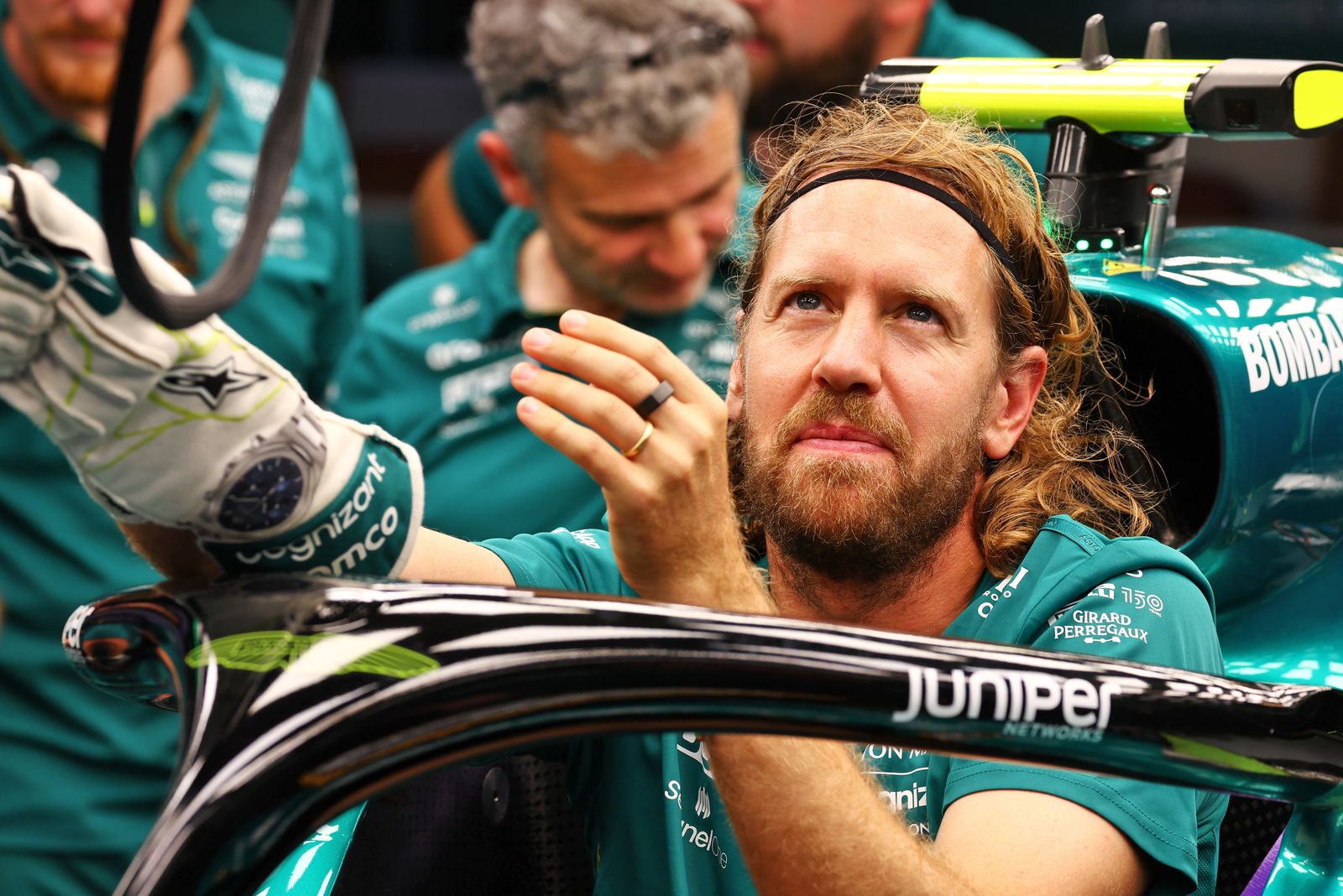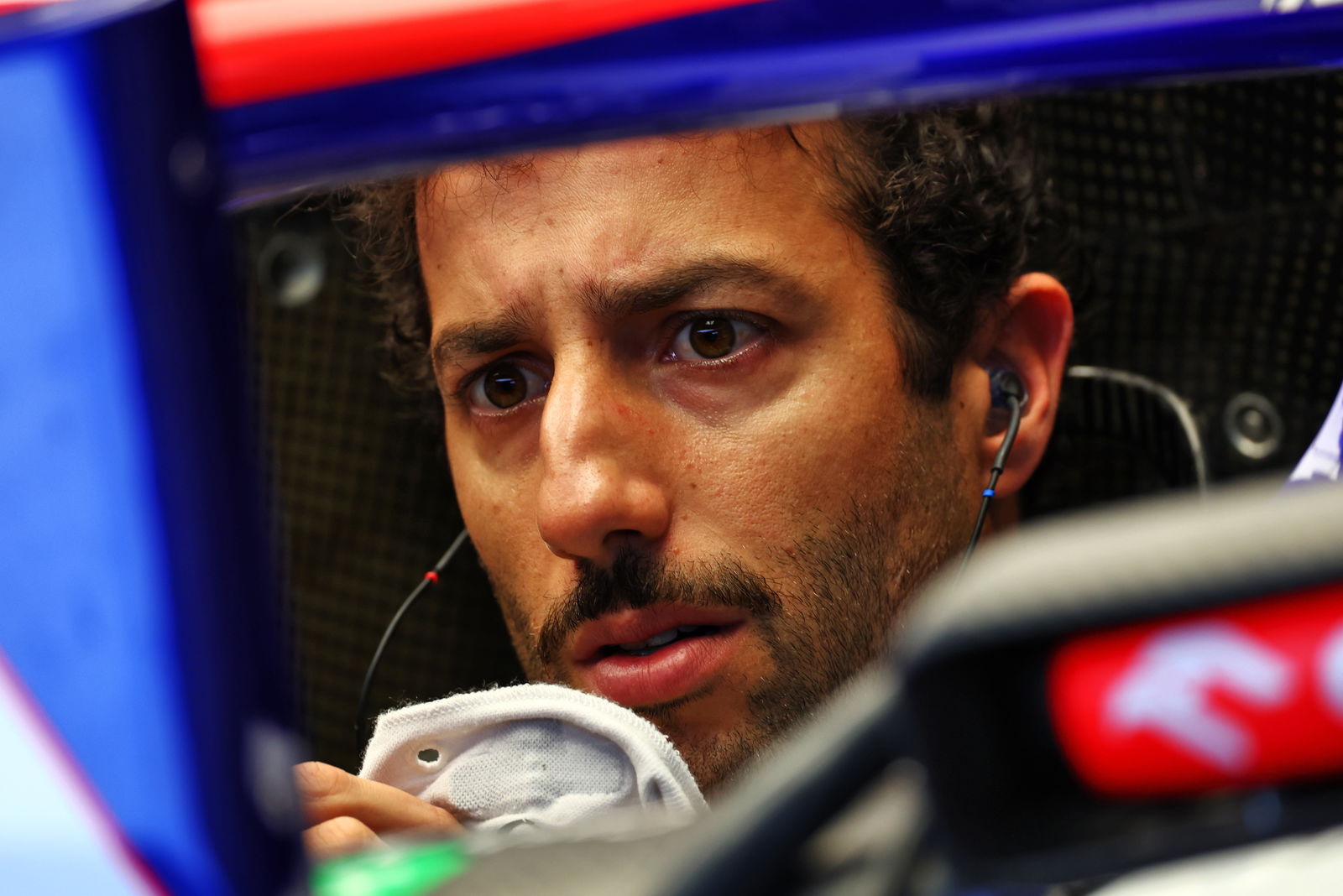Angela Cullen and Lewis Hamilton shed light on fitness routines of top drivers
How do racing drivers physically prepare?

The myth that racing drivers have it easy because they are sat in a cockpit has long been busted as cars have become so physically demanding over the years.
Top-flight racers, like Formula 1 drivers for example, are some of the most physically in-tune athletes on the planet.
Due to the demands placed on their bodies, both physically and mentally, well-balanced training regimes are a must to be successful.
Angela Cullen, who previously acted as seven-time F1 world champion Lewis Hamilton’s personal trainer and now works with Marcus Armstrong in IndyCar, revealed some details on the fitness programmes drivers have during the year.
“They’re training is pretty stable throughout the season,” she told IndyCar’s official YouTube channel in a recent video.
“You know the demands of the heavy races, so that’s what you’re training goals are. But training fits in around busy schedules, they normally train twice a day.
“I know he [Armstrong] does an hour cardiovascular and then he does a weight session. Some days he may do two weight sessions, generally doing four hours of training a day specifically for racing.”
The current F1 summer break may lead one to think drivers can take some time to rest from their normal routines.
But Cullen notes that the lack of racing simply allows drivers to focus on bigger training sessions than they normally would between events.
“It’s kind of a reset, but that’s where they can get their big training sessions in because they’ve got time to recover,” she added.
“So, rest, recovery, nutrition are the three biggies. So they’re always balancing how much they need to sleep, how much they need to train and always refuelling at the same time.
“Coming into race weekends they taper off a little bit, they rest a bit more to make sure they are fully recovered so they’ve got the energy for the mental game as well as the physical game during a weekend. So it’s a really fine balance.”
Hamilton says adapting a training regime, training-wise and nutritionally, is important as things such as time zones will have an impact on your body.
“You definitely adapt always, and you learn you have to just watch your energy,” he told Esquire.
“Recovery is huge, a really big part of the process. It’s the whole 360 thing. It’s not just going to the gym. It’s how much you stretch, how much physio you end up doing, what you eat. And that’s constantly changing week by week.
“And obviously, depending on how much energy you have, the different time zones that you’re in.”


.jpg)